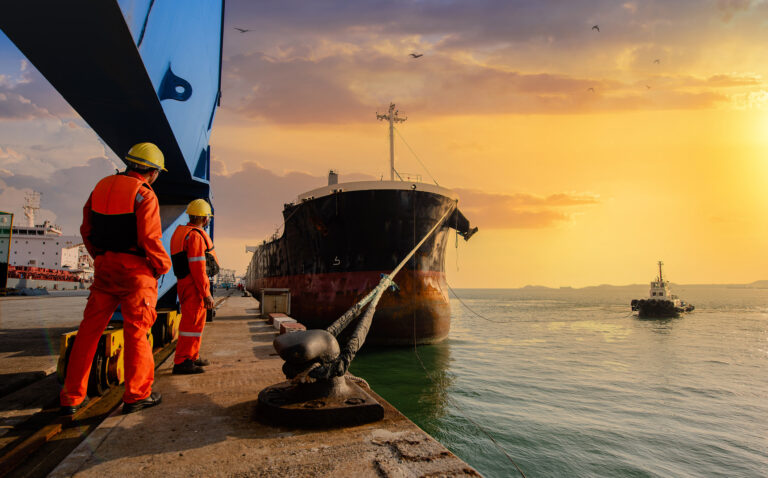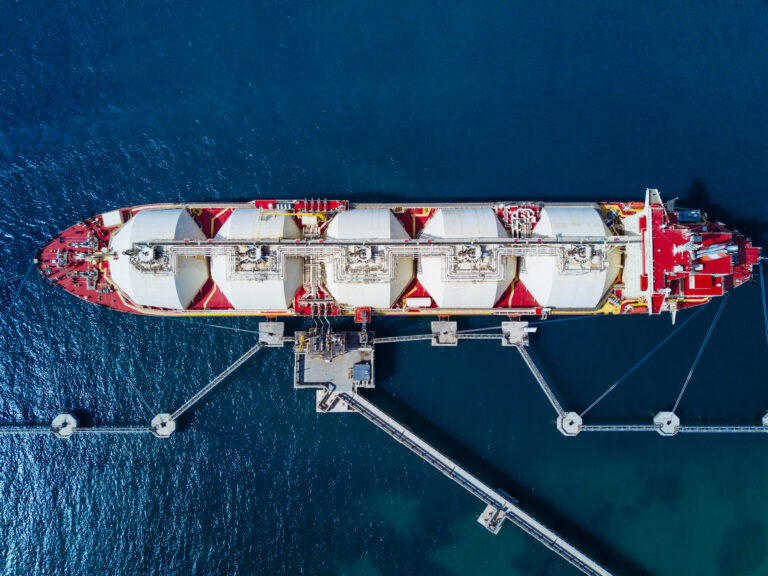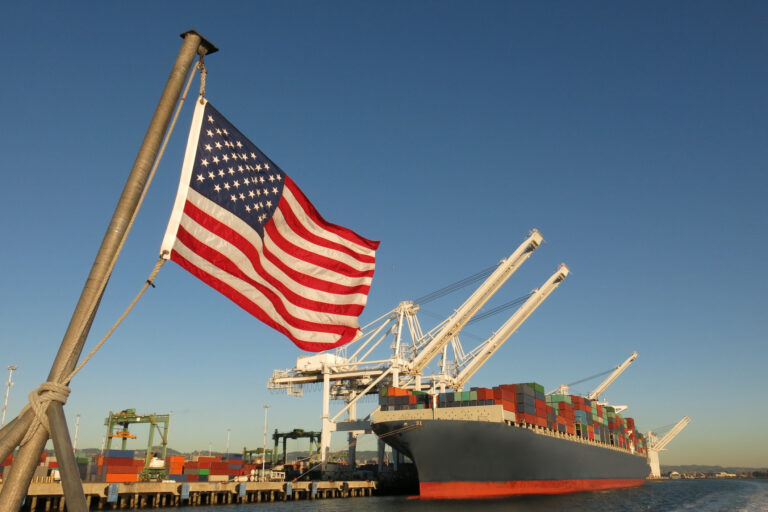
free consultation
Let’s Win Your Case
Maritime Law
Maritime law applies to the laws and regulations that govern ship and water vessel operations. Many of the acts within maritime law were developed to protect individuals who work on, contribute to the operation of, or frequent navigable water vessels.
Ship owners and organizations who operate water vessels have a legal responsibility to provide a safe, operatable vessel that is maintained by trained and qualified crew members.
Maritime workers and other ship passengers require these increased protections due to a heightened risk of injuries, illnesses, and other losses that are significantly more likely to occur at sea.
All US ship owners and operators are required to adhere to US maritime laws. Maritime workers and passengers that are injured as a result of non-compliance may be due compensation for their injuries.
Maritime law personal injuries cases vary greatly from conventional legal cases due to increased protections and complex provisions that exist. Mainstream personal injury law firms do not have the knowledge, skill, or experience to handle these cases.
Contact an experienced, skilled, and qualified maritime attorney if you have been injured while on the job or as a passenger of a ship or navigable water vessel. You may be due compensation for lost wages, medical bills, pain and suffering, ongoing care, and maintenance. Workers in Houston and throughout Texas choose Wille D. Powells III to fight for their maritime worker rights on land and at sea.

Jones Act
Have you suffered from an injury or illness on a maritime vessel? The Jones Act provides special protection for water transport workers, including the right to file a lawsuit against their employer when they are hurt on the job. You will need a lawyer who understands the Jones act, familiar with worksite injuries, and has experience fighting for maritime workers to obtain compensation for your injuries.

The Death on the High Seas Act
The Death on the High Seas Act is one of several legal acts that were developed to protect the legal rights of maritime workers and their families. The Death on the High Seas Act allows immediate family members to sue their loved one’s employer for damages in the event of a fatality at sea.

The Longshore Harbor Workers’ Compensation Act
The Longshore and Harbor Workers’ Compensation, or LHWCA, was developed in 1927 to provide protection for maritime workers. These legal protections allow injured maritime workers to sue their employer for compensation after an accident results in an injury, total, or permanent disability. The act also allows families to sue their loved one’s employer in the event of wrongful death.

Maintenance and cure
Maintenance and cure is a legal provision that provides financial protection for maritime workers who suffered from an injury or illness on the job. Rights to compensation under this act may include housing, medical bills, food, and other daily expenses. Maintenance and cure also requires employers to provide injured employees with the medical resources needed to achieve maximum medical improvement.

What is Maritime Law?
Maritime law encompasses an extensive list of legal regulations to protect workers in the high-risk maritime industry. This area of law is comprised of numerous protections that apply to ship and water vessel safety, security, and operations.
Maritime workers are at an increased risk of injuries to the entire body, including the back, upper body, and lower extremities. Maritime law encompasses a broad range of legal regulations, many of which were developed to protect workers. These laws were developed to provide additional protection, including increased compensation for injured maritime workers and their families in the event that an accident or fatality occurs.
The CDC reported that maritime workers suffered over 11,000 injuries and 86 fatalities over a 6-year period. These injuries, illnesses, and deaths were related to an increased risk of incidents causing injuries, including slips and falls, drownings, workplace violence, and illnesses.
Maritime law also covers any other incident or potential legal issue that could arise on the water, including on private boats, cruise ships, etc.
Maritime Laws Include:
- Death on High Seas Act
- Longshore and Habor Workers’ Compensation Act
- Jones Act
- Passenger Personal Injury Protection

Maritime laws protect workers and water operations through regulations that encourage the prevention of crime, workplace violence, accidents, illnesses, injuries, and other incidents. Adherence to this regulation is a legal requirement for all water vessels that operate on navigable waters, including oceans, rivers, etc.
Ship owners, operators, and crew members that fail to adhere to the mandates within these acts are held at accountable at a heightened degree of severity for their non-compliance.
Types of Maritime Laws
US federal laws require that ship owners and operators comply with all maritime legal acts to protect the safety of workers and anyone who frequents the ship. These laws and regulations prevent the occurrence and severity of accidents and criminal occurrences.
There are several different types of maritime laws that exist to regulate operations at ports, docks, and at sea. Compliance with these regulations ensures proper international and domestic trade practices, EPA compliance, civilian, and worker safety.
Types of Maritime Laws Pertain to:
- Crew Training
- Insurance
- Commercial Spirit and Contamination Prevention
- Cargo Transport
- Environmental Protections
- Licensing
- Passenger Regulations
- Registration
- Recreational Activities
- Salvaging Laws
- Water Vessel Maintenance
The different types of maritime laws prevent different legal issues from arising. Maritime law is a complex area of law that applies to a vast range of situations.
Salvaging laws, for example, is an area of maritime law that provides compensation to individuals who assist in the rescue of a distressed or deserted water vessel. Individuals who have performed this act and were not duly compensated may potentially have a maritime law case.
Navigating these vast areas of law and types of cases requires extensive knowledge and experience that only a maritime lawyer can provide.

Where Does Maritime Law Apply?
US maritime laws apply to any vessel that operates under the United States flag. This stipulation is related to an area called US Admiralty Law. This law simply states that every ship is governed by the laws of the country of ownership.
Maritime laws apply to every ship or water vessel that is capable of operation on any navigable body of water, including rivers, lakes, or at sea.
Maritime laws apply to any individual on or performing work for a US-registered water vessel.
On Recreational Ships
Recreational ships, including cruise ships, are required to adhere to all maritime laws. This means that any individual who is injured while on a cruise ship is protected under the same acts as maritime workers through the Jones Act. It is important to note that maritime law adherence is determined by the country in which the ship is registered for operation.
Maritime law can also apply to legal issues that arise during recreational boating trips on private boats.
On Commercial Water Vessels
Maritime worker safety law protections are detailed in the Jones Act. The Jones Act provides worker rights and protections in the event that an injury occurs while on the water.
The ship does not need to be in motion for, nor are workers required to perform full-time work on the ship full-time for maritime worker protections to be applicable.
Maritime Law Vs. Common Law
Common law is an area in which cases are regulated by clear legal guidelines, expectations, and fast processes. Common law is ever-evolving and affected by numerous factors, including social issues, changes in legislature, administration, and facts in each case.
Common law allows for more flexibility than maritime law. Common law cases have a right to a jury of their peers and other provisions that have the potential to significantly alter the outcome of each case.
Maritime law is significantly more complex than common law due to the increased risks of damages and the likelihood of these occurrences on the water. Maritime laws and regulations are long-standing and have been slowly developed over a long period of time.
One major difference between maritime law and common law is that maritime legal cases are handled by admiralty courts. Maritime legal cases are not given to a jury and are directed solely by an admiralty judge. This limits flexibility, and outcomes, and increases the difficulty of legal success. This is one of many reasons that it is especially important to hire a lawyer who specializes in the expansive field of maritime law.
Maritime laws are also applicable to larger areas of jurisdiction. Maritime laws may apply to both US and foreign waters that are navigable from US territory boundaries.
Contact Our Houston Maritime Lawyers Today
Contact our Houston maritime lawyers today if you or a loved one has been injured on a water vessel. Willie D. Powell III represents maritime legal cases of all types, including cruise ship injuries, worksite accidents, personal boating incidents, and more.
Maritime law is complex, and you deserve to receive the maximum compensation provided by these provisions for your injuries. Choose a team of highly knowledgeable and experienced maritime personal injury lawyers to fight for you. Our team will help you gather evidence, deal the organizations involved, and stand up against the courts for your rights.
Frequently Asked Questions
The United States Coast Guard is in charge of protecting the waters in and around the United States, surrounding borders, and US territories. The US Coast guard is responsible for enforcing all maritime laws and ensuring that regulations are followed.
Coast Guardsman are granted certain maritime rights that allow them the opportunity to fulfill their job requirements.
The United States Coast Guard Maritime Rights:
- Board any Ship or Water Vessel in US Waters
- Perform an Inspection
- Search any US Vessel
- Request Ship and Occupant Information
Coast Guardsman are also permitted to make arrests in an effort to protect civilians from crimes, including drug trafficking, terroristic threats, and human smuggling.
The Coast Guard is also responsible for investigating other forms of maritime law non-compliance. Any nation is permitted to enforce serious maritime law violations outside of their jurisdiction without concern for the ship's nationality.
These complexities can quickly create confusing legal situations for ships with maritime violations that are sailing in foreign waters.
Maritime laws apply to any ship or water vessel in navigable waters regardless of whether it is in motion. Injuries that occur on piers, docks, cargo areas, or other lands near a water vessel are protected under these regulations.
The Longshore and Harbor Worker’s Compensation Act was developed to protect maritime workers while on land. The provisions within this act protect workers on any operatable water vessel, regardless of whether the water vessel is in motion or if workers will travel onboard.
Maritime legal protections apply to workers on land at docks and harbors and/or that contribute to ship operations, including cargo loaders, pier workers, mechanics, and other servicemen.
Serious injuries can occur when a ship operator, employer, or fellow crew members fail to abide by maritime laws and regulations. This can be an especially frustrating experience and may result in numerous damages, including lost wages, medical bills, pain and suffering, and numerous other ongoing issues.
Maritime law injuries cover a wide range of incidents, including cumulative and sudden injuries and illnesses.
Common Maritime Injuries Include:
- Slips and Falls
- Overboard Accidents
- Back Injuries
- Upper and Lower Body Injuries
Maritime law protects your financial wellness after these through additional legal protections. There are certain steps that you must take to protect your health, safety, and legal rights in the event that you suffer from a maritime injury on the job or during a recreational trip.
After a Maritime Law Injury:
- Report the accident to your employer and/or the ship operator immediately. It is important to document an accurate date as to when the incident occurred for legal protection.
- Do not admit guilt, sign any self-incriminating documentation, or agree to a recorded statement without first speaking with a maritime lawyer.
- Seek medical evaluation services from a qualified physician who is not employed by the ship. These individuals work for the company and will work in their favor.
- Contact a maritime lawyer immediately to discuss the specifics of your accident and help you seek compensation for your injuries.
Do not discuss your case or injuries with anyone else during the legal process, including crew members, friends, family, or on social media. Contact a maritime lawyer immediately to discuss your case with a qualified legal professional.
It is imperative that you contact a maritime lawyer in the event that you are injured at sea or any other type of navigable body of water. Maritime lawyers help seamen and those who contribute to ship operations navigate the complex process of getting compensation for their injuries.
Maritime law provides protections that do not exist in regular personal injury cases that occur on land. A mainstream personal injury lawyer does not have the right skill set or understanding of maritime law to thoroughly manage these cases.
For example, maritime laws allow maritime workers to seek compensation for both maintenance and cure. These are areas of law that do not pertain to personal injury cases that occur on land.
Maritime law maintenance coverage allows injured workers to seek compensation for daily living expenses, including food, clothing, and housing. Maritime law cure entitlement allows injured workers to seek compensation for the cost of immediate and ongoing medical treatment, including medical testing, procedures, transportation costs, etc.
A maritime lawyer has the extensive experience and knowledge that is required to handle these cases to their maximum potential. A maritime personal injury lawyer can help you gather evidence, fight, and prove that another person or entity is responsible for your injuries. This is essential for obtaining all of the maritime injury law compensation that you are entitled to receive.

















